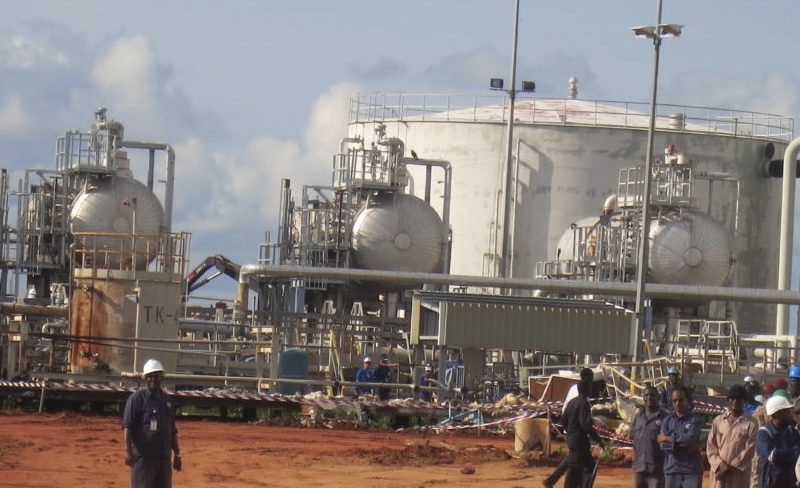KEY POINTS
- South Sudan says crude exports have resumed after Sudan attacks disrupted energy infrastructure.
- Government confirms all oil fields are operating normally and shipments to Port Sudan are flowing.
- The resumed exports ease pressure on a fragile economy dependent on oil revenue.
South Sudan says its crude exports have returned to normal levels after recent attacks on energy facilities in neighbouring Sudan temporarily disrupted shipments along the country’s main export route.
The government, which relies heavily on oil earnings to fund its budget, has been under pressure to stabilise exports following weeks of uncertainty triggered by the violence across the border.
Petroleum Ministry Undersecretary Deng Lual Wol told journalists in Juba on Wednesday that operations across all of South Sudan’s producing fields had now stabilised, allowing crude to move once again through the pipeline system that links the landlocked nation to Port Sudan on the Red Sea.
Government says pipeline flows to Port Sudan have fully resumed despite insecurity in Sudan
Wol said the disruptions had posed a serious risk to government revenue and to the operators working along the transport corridor, but the coordinated effort between Juba and field operators helped restore activity more quickly than initially anticipated. He stressed that crude shipments were now “fully flowing” to export terminals and that the ministry was monitoring the situation closely in case violence flares up again.
South Sudan’s oil is transported entirely through Sudan’s territory, leaving its exports vulnerable whenever conflict breaks out. The renewed fighting in Sudan had raised concerns among traders and officials about prolonged interruptions, particularly at a time when the country is struggling to stabilise an economy already weakened by conflict, inflation and currency shortages.
Officials in Juba have repeatedly said that protecting the integrity of the export route remains central to the country’s financial survival, with crude sales forming the backbone of government revenue. The restoration of flows comes as a relief to authorities who were preparing for a deeper economic squeeze if the suspension had lasted longer.



